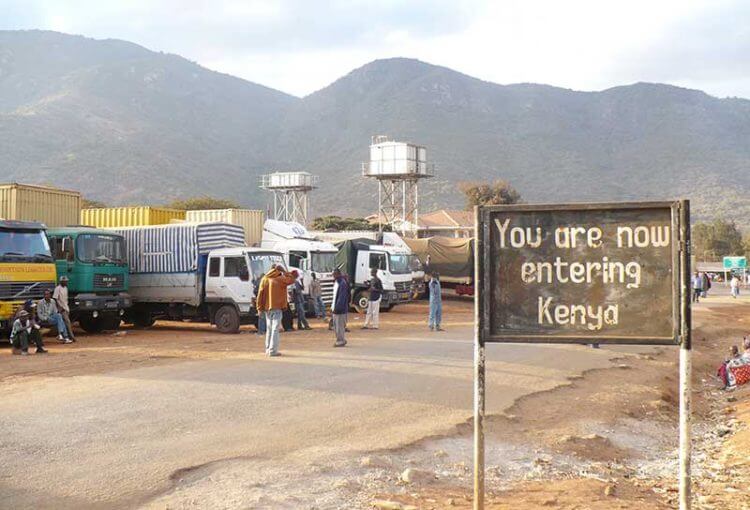
Our Projects are
Transforming African Trade
Quick Contacts
2nd Floor, Fidelity Insurance Centre Waiyaki Way, Westlands

The scope of the training focuses on operations at the OSBP with close contact to travelers and their luggage.
s the Partner States in the East African Community (EAC) region ease measures that were established to prevent and respond to the COVID-19 global pandemic, the EAC Secretariat has commenced a training of trainers’ course for staff at 12 One Stop Border Posts between the Partner States.
This training aims at strengthening the prevention of and response to COVID-19 and other communicable diseases. The training programme kicked off last week at the Isebania-Sirari border post between Kenya and Tanzania and is being conducted by AMREF Flying Doctors in close cooperation with the EAC Secretariat.
Between 16 and 32 staff members are trained as trainers in a 2-days course. They come from customs, immigration, port health and animal health, bureau of standards, security, cargo and baggage handlers. Clearing agents are also included targeted in the training.
“The participants in this training will in turn train their colleagues on the skills they have acquired to further cascade the message and ensure that the busy border posts can effectively prevent the spread of COVID 19 and detect and respond to infected passengers”, explains Anthony Kihara of AMREF Flying Doctors.
“The scope of the training focuses on operations at the OSBP with close contact to travelers and their luggage.”
The Principal Customs Officer for Capacity Building at the EAC Secretariat, Stephen Analo, who is coordinating the training is convinced that “all the EAC Partner States will benefit from this initiative”.
The training is facilitated by the Germany Government through the “Support to Pandemic Preparedness in the EAC Region” project, in cooperation with the EAC Secretariat and the Deutsche Gesellschaft fur Internationale Zusammenarbeit (GIZ) GmbH.
The next training will take place this week at Malaba border post between Kenya and Uganda.
The Federation of East African Freight Forwarders Associations (FEAFFA) has also developed the Standard Operating Procedures (SOPs) to tackle Covid 19 pandemic in the East Africa region. The association is already carrying out stakeholder sensitization across the region.
“We plan to embed COVID 19 SOP materials on the Regional Electrical Cargo and Drivers Tracking System (RECDTS app. The SOP messages have been tailored to create awareness among the drivers through the app,” FEAFFA president Mr. Fred Seka said, adding that this initiative is working with health officials and other relevant officers at all other border entry-exit points to sensitize the industry on the new SOPs.
The SOPs were developed by a team of industry experts in cargo transport, Warehousing, Freight Forwarding, Customs clearance and public health. They were sent to the different stakeholders for input.
The SOPs were converted into short videos and posters that are being shared among the industry stakeholders through various platforms.
Since the COVID19 messages were initially sanctioned by the World Health Organization (WHO), FEAFFA is working closely with various stakeholders including the Ministries of Health in each partner state to complement efforts geared towards stopping the spread of the virus, Seka said.
This initiative is being supported by the Trademark East Africa (TMA). It is being rolled out in collaboration with the Kenya Transporters Association (KTA), Regional Lorry Drivers and Drivers Association (RLDA), Tanzania Truck Owners Association (TATOA) and Transporters Association of Tanzania (TAT).
Other collaborators include the Long-distance Drivers and Conductors Association (LODDCA), Association des Transporteurs Internationauz du Burundi (ATIB) and Association de Transporateurs et Transitaires Agrees du Rwanda (ATAR).
Disclaimer: The views and opinions expressed in this article are those of the authors and do not necessarily reflect the official policy or position of TradeMark Africa.